Dostinex 0.5mg Tablet contains Cabergoline, a dopamine receptor agonist used to treat hyperprolactinemia and related disorders. This medication effectively reduces elevated prolactin levels and treats associated symptoms like irregular menstruation and infertility.
Uses
Dostinex treats hyperprolactinemia caused by pituitary adenomas or unknown causes. It’s used for prolactin-secreting pituitary tumors, preventing lactation after childbirth, treating Parkinson’s disease symptoms, and managing restless leg syndrome. Dostinex helps restore normal reproductive function in both men and women.
Benefits
- Effectively reduces elevated prolactin levels
- Shrinks prolactin-secreting pituitary tumors
- Restores normal menstrual cycles in women
- Improves fertility in both sexes
- Reduces galactorrhea (unwanted milk production)
- Alleviates headaches associated with prolactinomas
- Improves sexual function and libido
- Requires less frequent dosing than other treatments
- Well-tolerated with fewer side effects than bromocriptine
How It Works
Dostinex works by stimulating dopamine D2 receptors in the pituitary gland, inhibiting prolactin release. This dopaminergic action suppresses prolactin secretion for extended periods due to Cabergoline’s long half-life. The medication also reduces the size of prolactin-secreting tumors by decreasing cell proliferation.
Dosage
| Condition | Initial Dosage | Maintenance Dosage |
|---|---|---|
| Hyperprolactinemia | 0.25mg twice weekly | 0.25-1mg twice weekly |
| Parkinson’s Disease | 0.5mg daily | 2-6mg daily |
Take Dostinex with food to reduce nausea. Dosage should be gradually increased based on prolactin levels and clinical response.
Duration of Action
Dostinex begins working within hours, with peak effects occurring 2-3 hours after administration. Its long half-life provides sustained prolactin suppression for up to one week, allowing twice-weekly dosing. Full therapeutic effects for tumor shrinkage may take several months of treatment.
Side Effects
Common side effects include nausea, dizziness, headache, and fatigue. Some patients experience constipation, abdominal pain, or drowsiness. Less common effects include orthostatic hypotension, nasal congestion, or mood changes. Serious but rare side effects include cardiac valve abnormalities with long-term high-dose use.
Warning
Long-term high-dose Dostinex use may cause cardiac valve fibrosis and pulmonary complications. Regular cardiac monitoring is recommended for patients on prolonged therapy. Sudden sleep episodes may occur, especially when driving. Dostinex may cause severe hypotension with first dose, particularly in Parkinson’s patients.
Pregnancy and Breastfeeding
Dostinex should be discontinued once pregnancy is confirmed unless treating a large prolactinoma threatening vision. It’s contraindicated during breastfeeding as it suppresses lactation. Women should use effective contraception during treatment and for one month after discontinuation.
Interaction
- May interact with antipsychotic medications reducing effectiveness
- Possible enhanced effects with other dopamine agonists
- Reduced effectiveness when used with metoclopramide
- May alter blood pressure when combined with antihypertensive drugs
- Potential interaction with ergot alkaloids causing severe side effects
Precaution
Use cautiously in patients with cardiovascular disease, liver impairment, or psychiatric disorders. Monitor blood pressure regularly, especially during initial treatment. Patients with history of fibrotic disorders require careful evaluation. Avoid sudden discontinuation in Parkinson’s patients to prevent withdrawal symptoms.
Important Information
Dostinex requires regular monitoring of prolactin levels and cardiac function during long-term use. Report any persistent cough, shortness of breath, or chest pain immediately. Store at room temperature away from moisture and heat. This medication may impair ability to drive or operate machinery due to potential drowsiness or sudden sleep episodes.

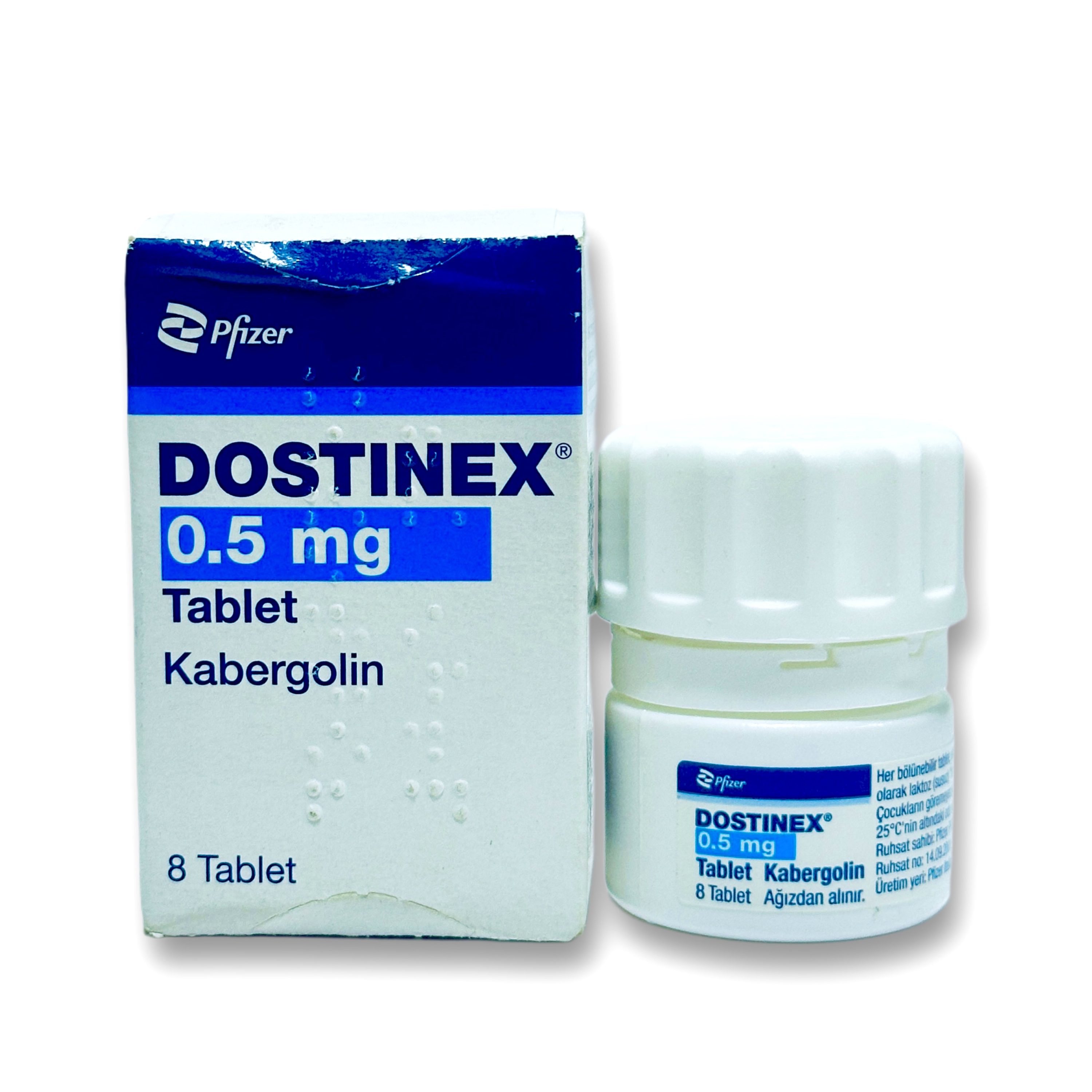
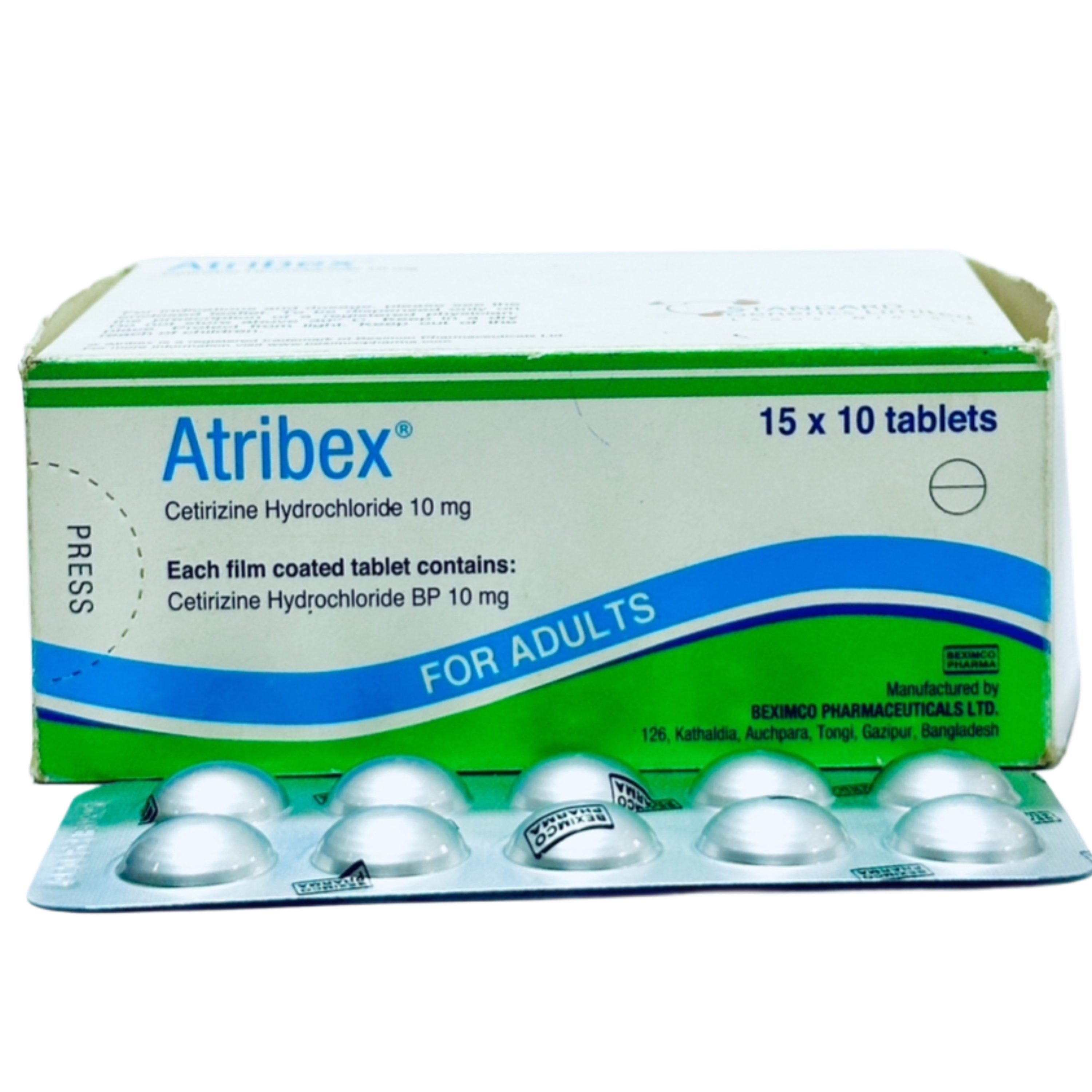


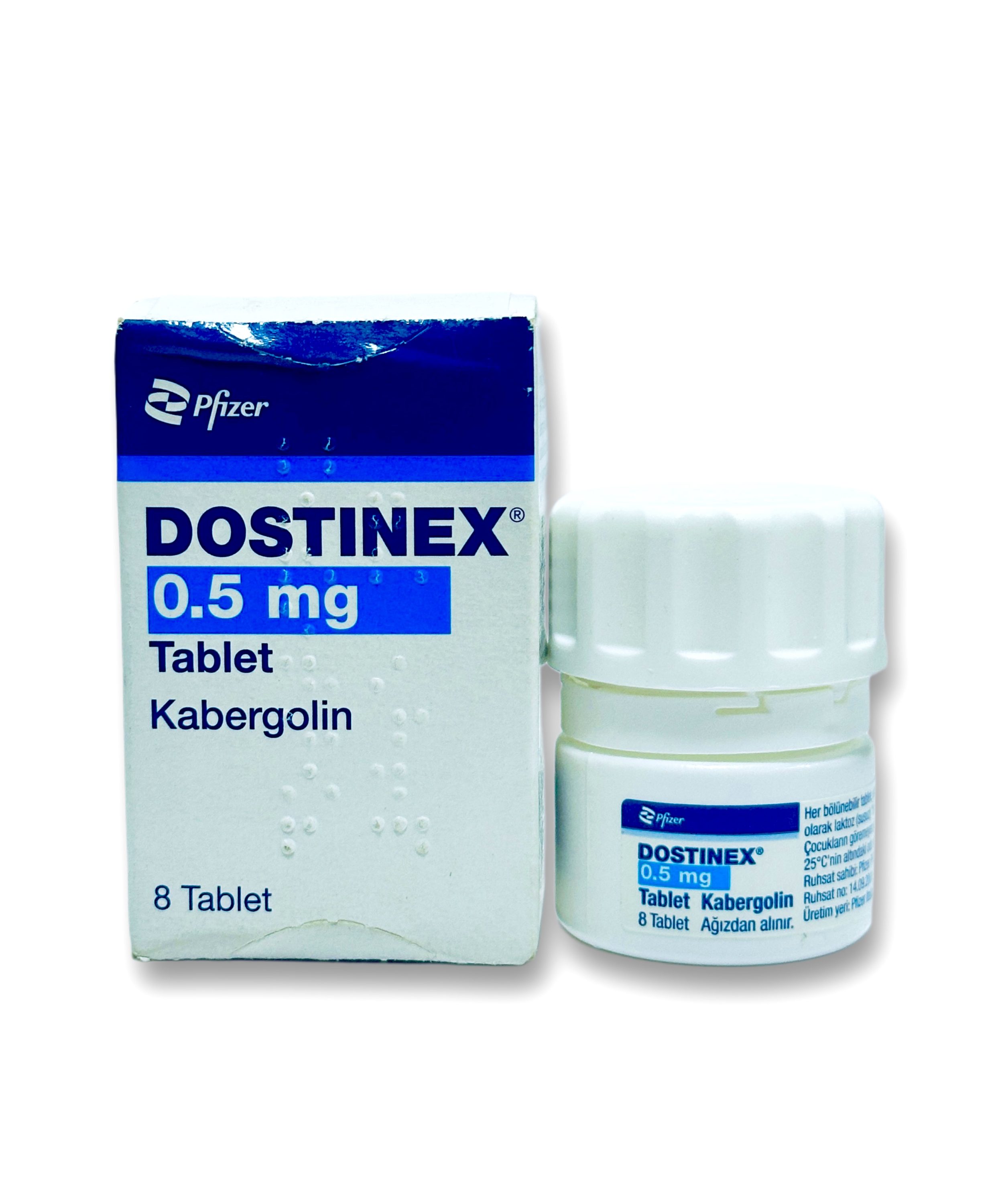
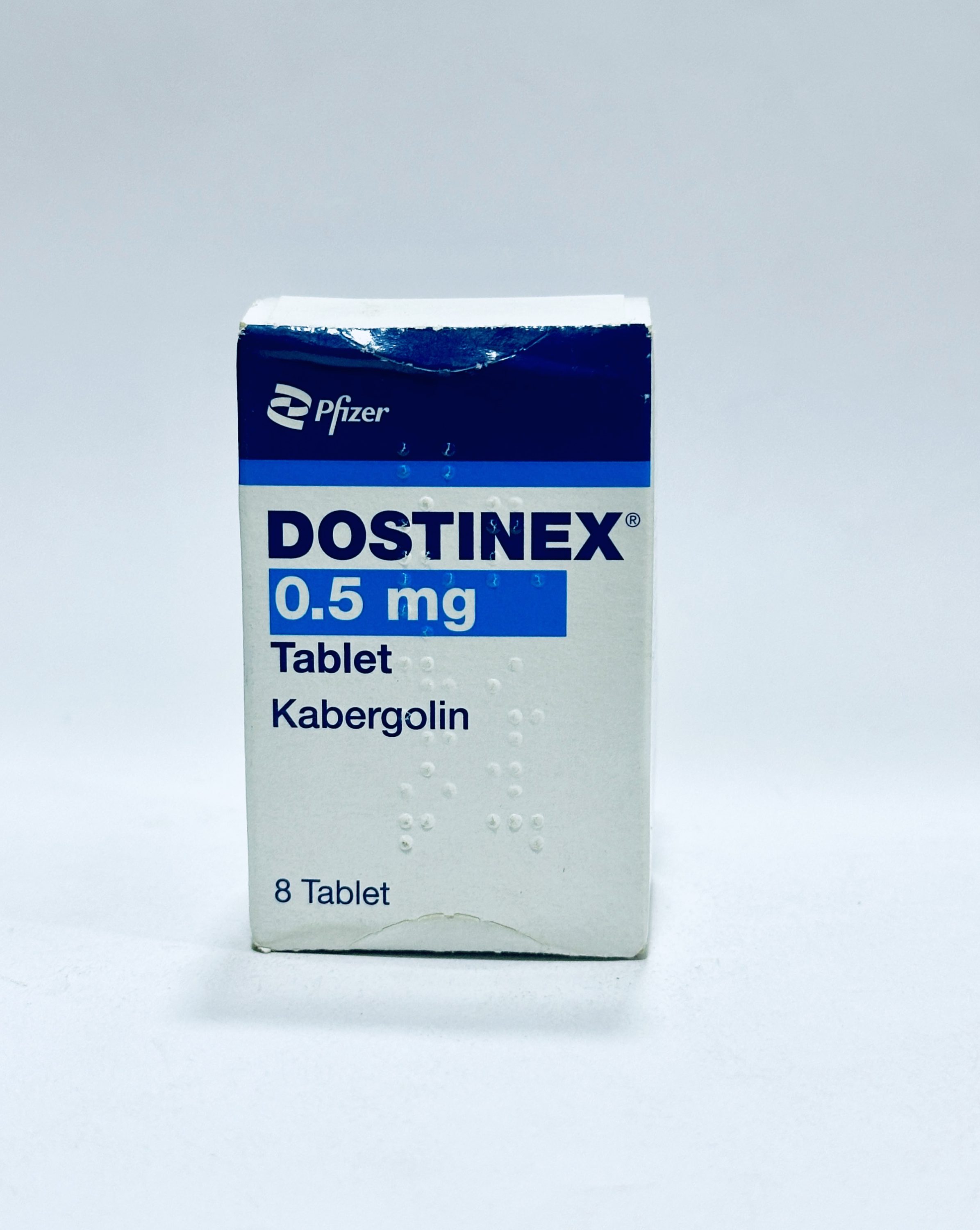
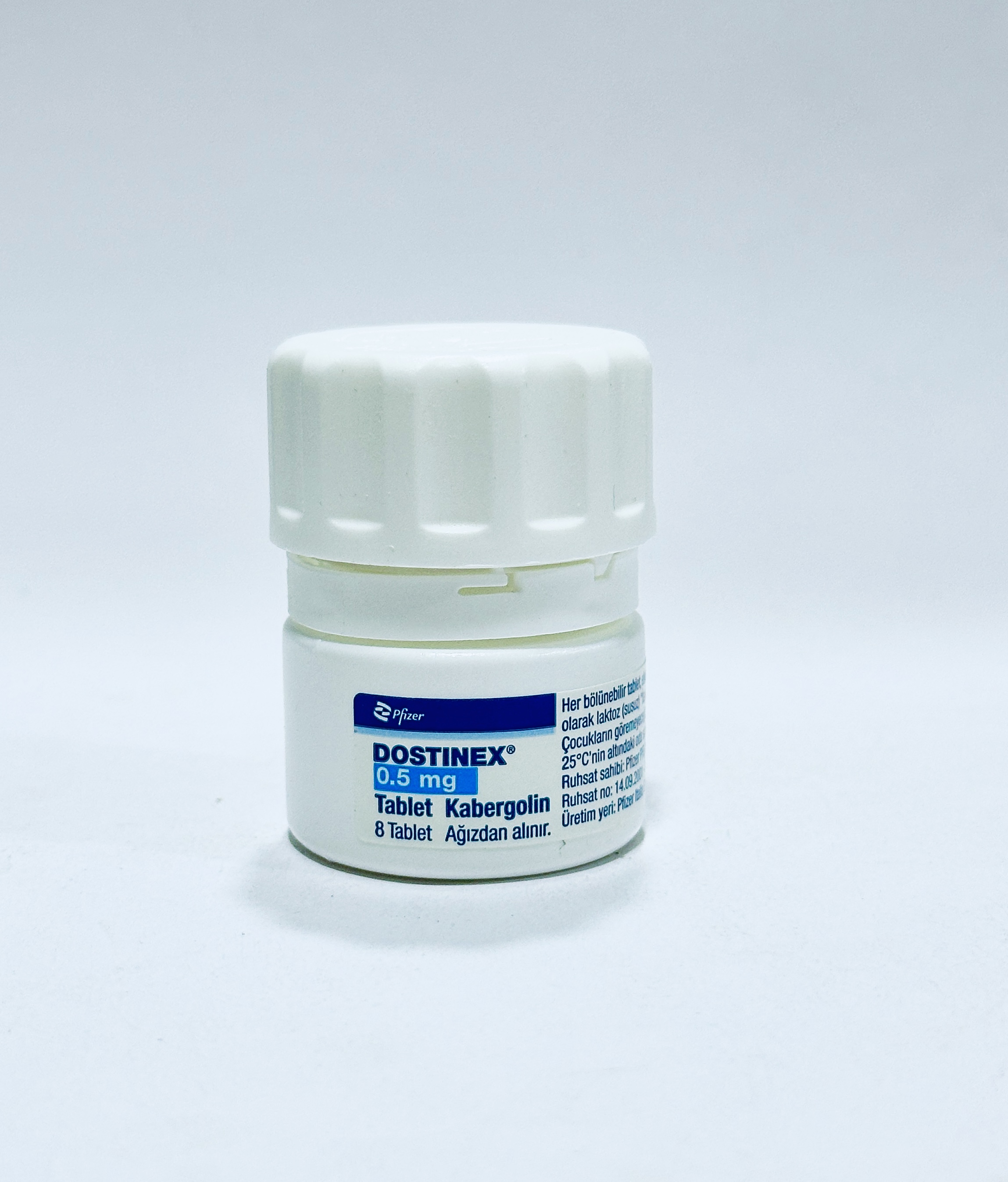
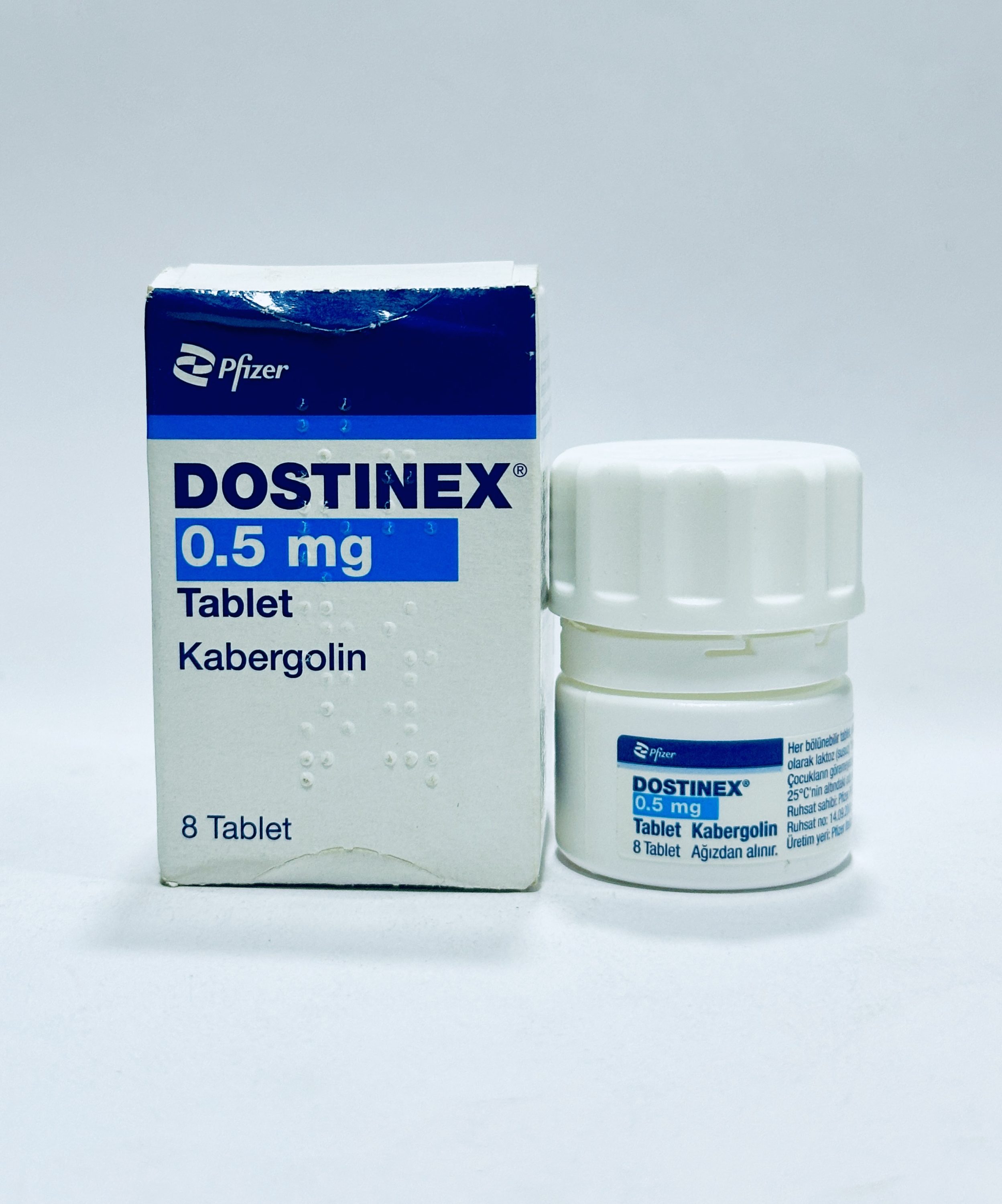



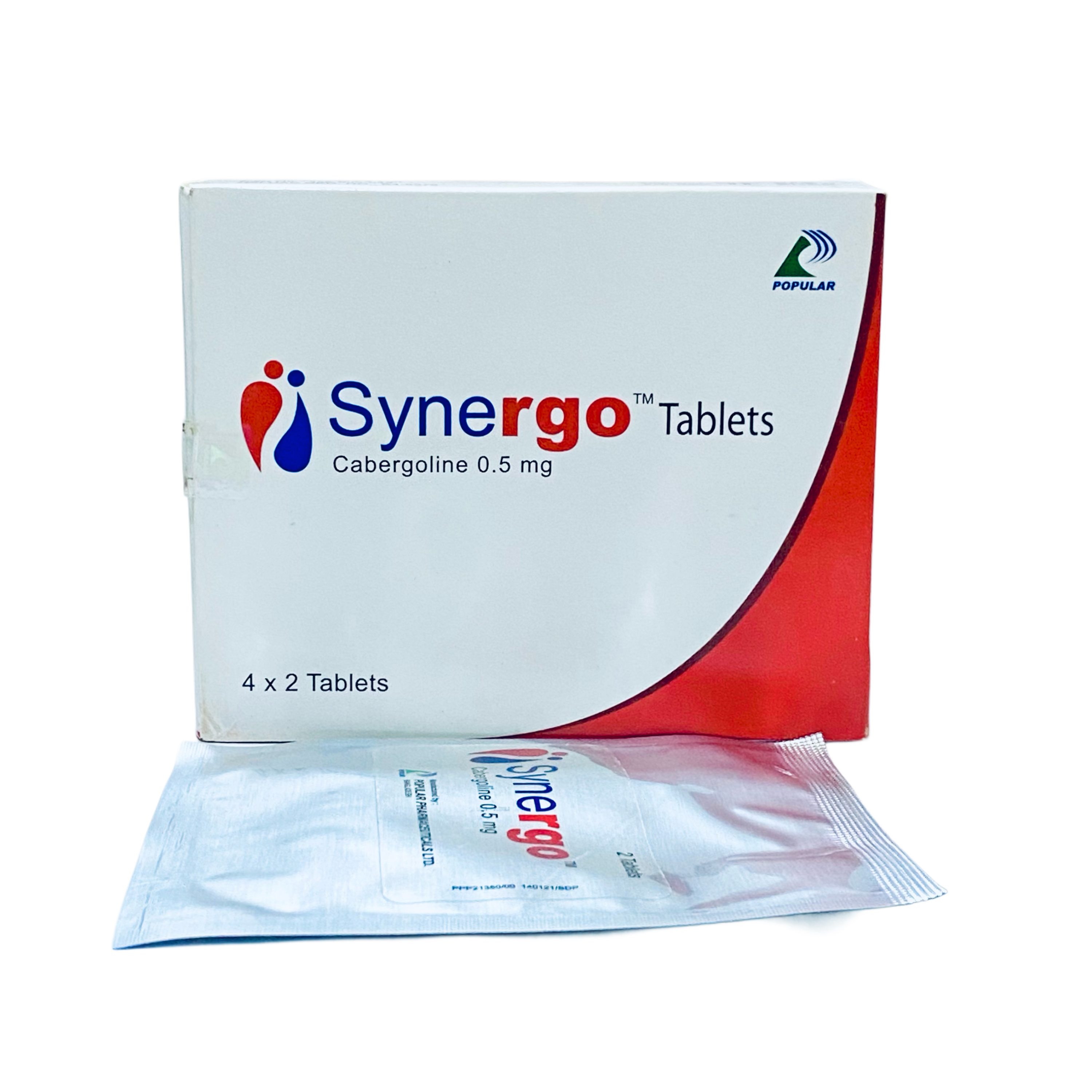
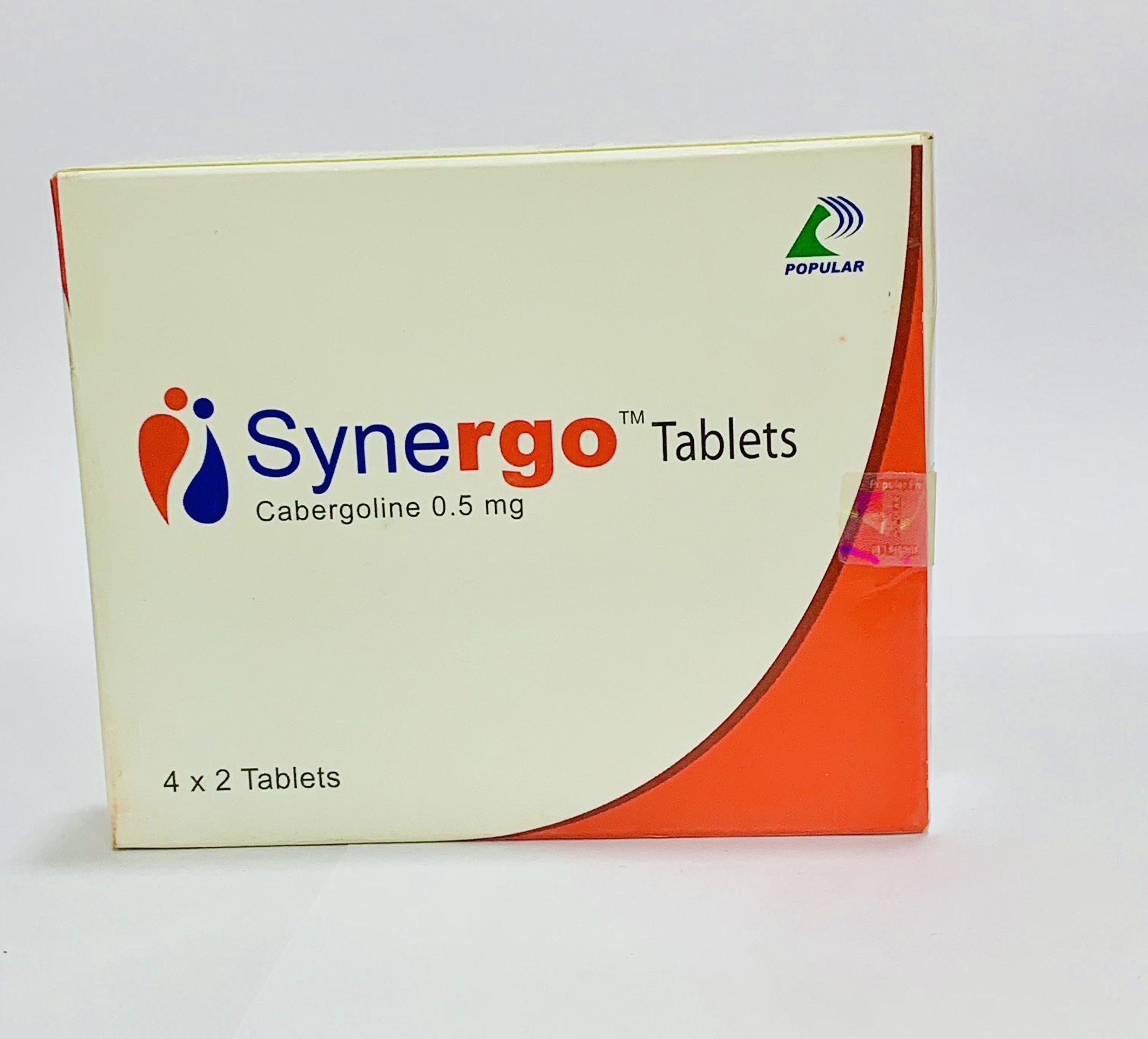
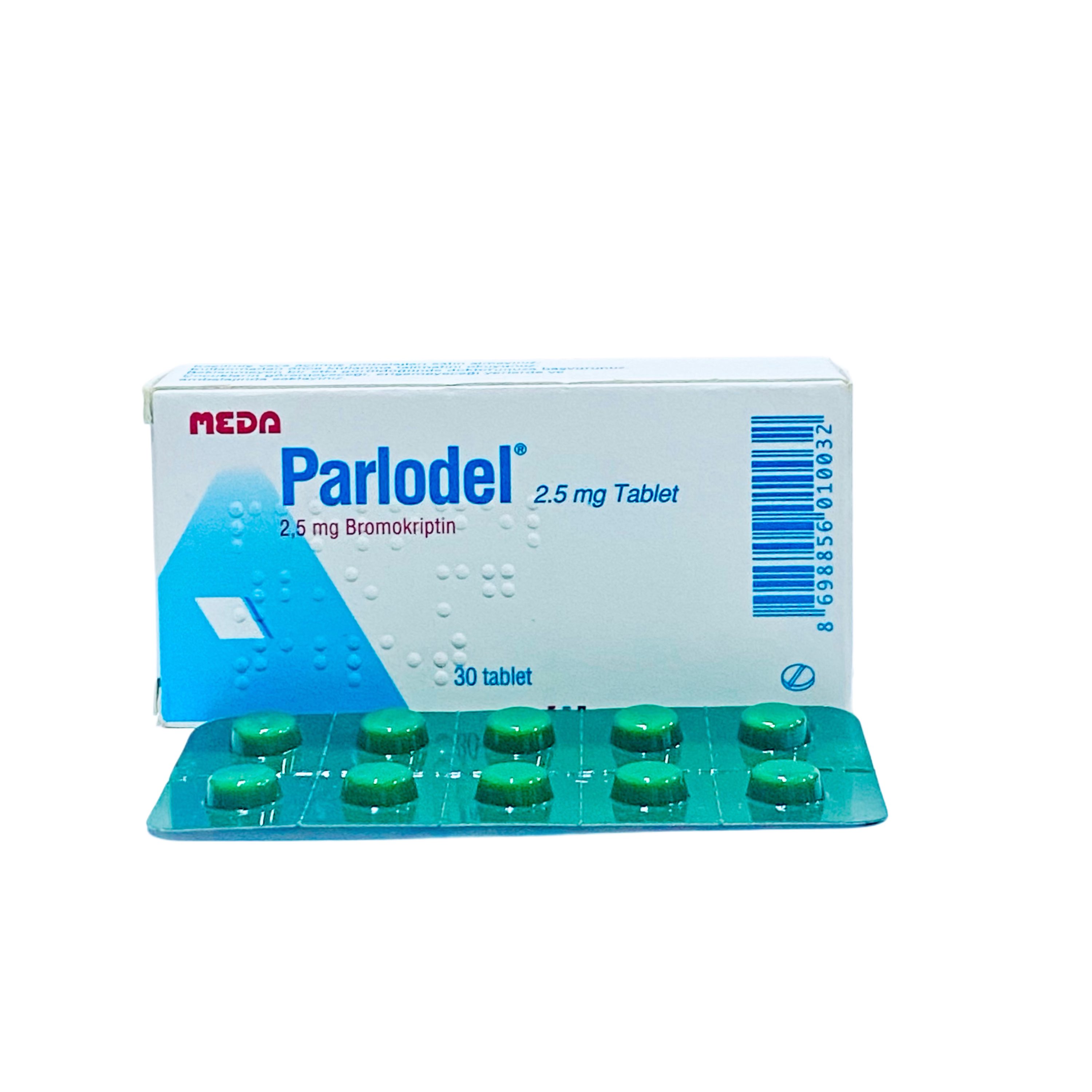
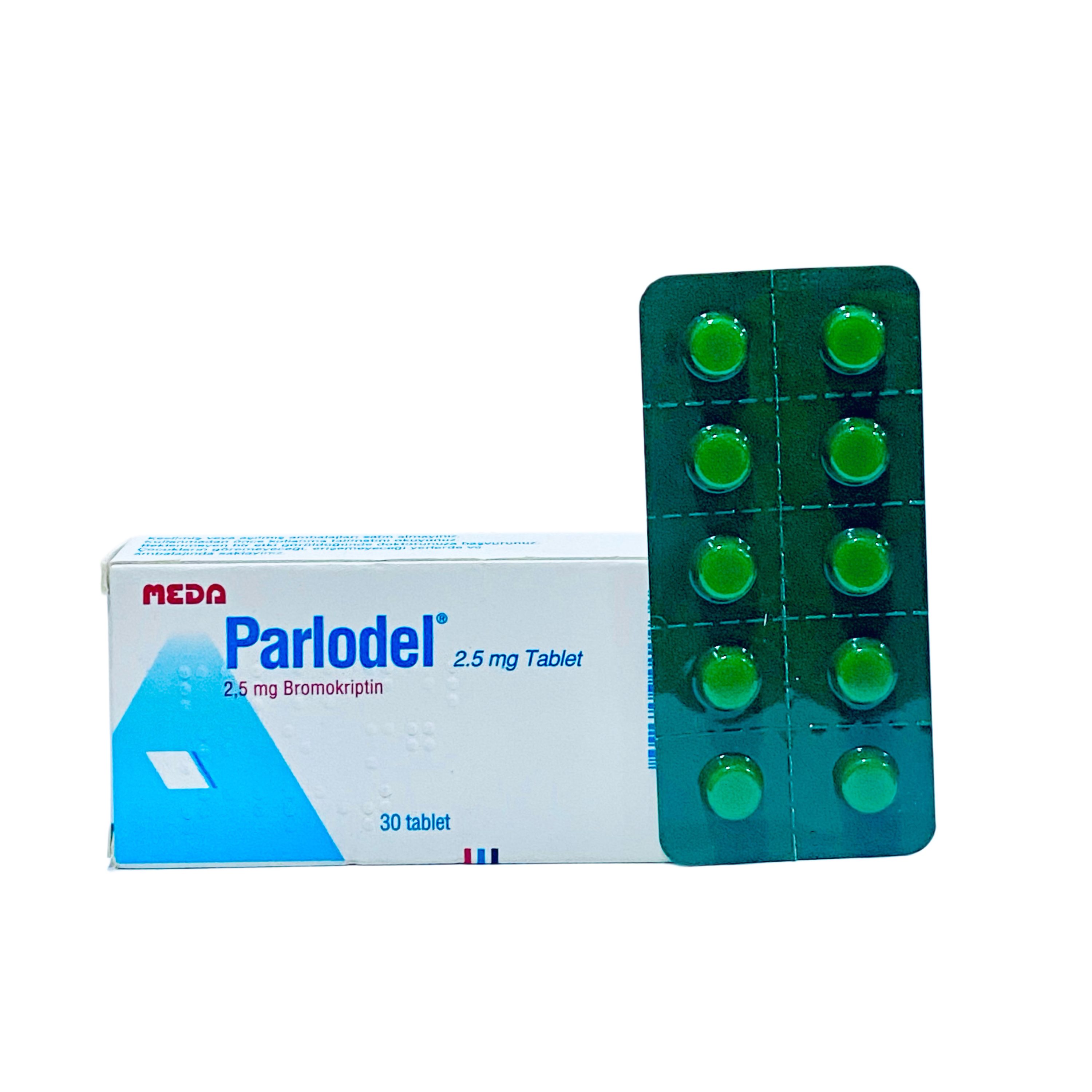













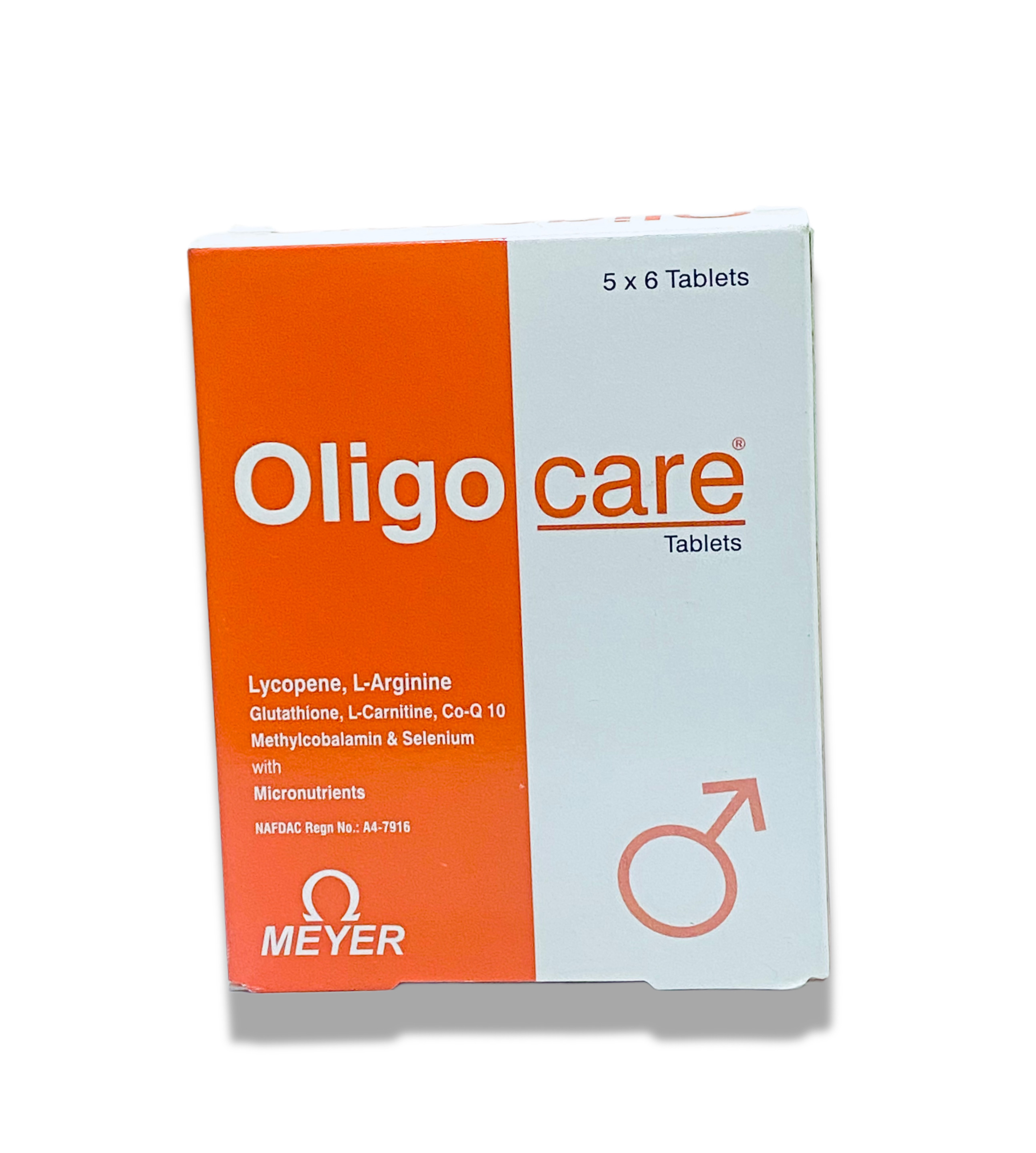
Reviews
There are no reviews yet.